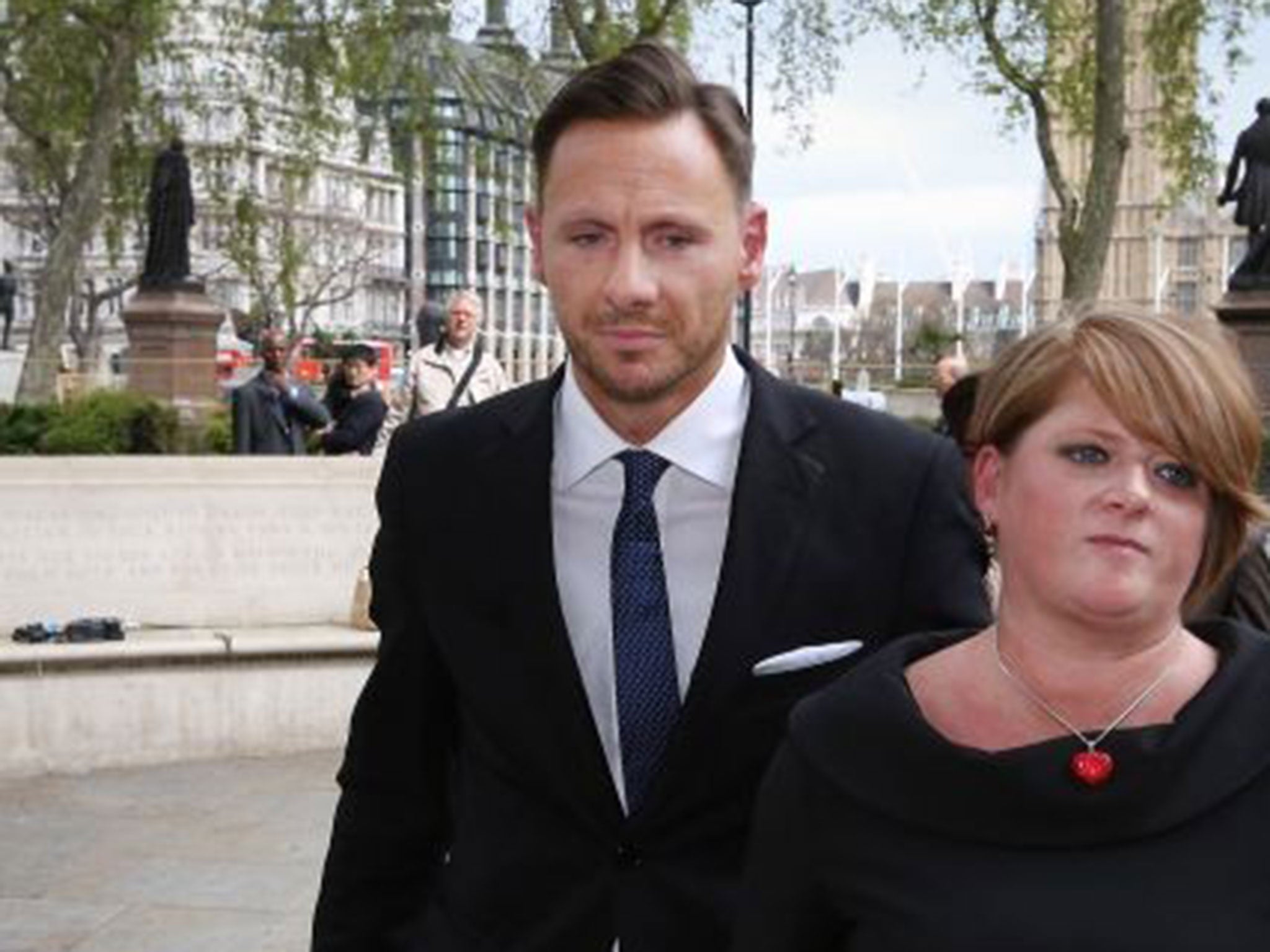Phone hacking scandal: Police are holding back evidence, claims Glenn Mulcaire
The phone interceptor says a mysterious third person commissioned him to listen to Milly Dowler's voicemails

Glenn Mulcaire, the private investigator at the heart of the News of the World phone-hacking affair believes police are failing to release key documents that would shed further light on the hacking of Milly Dowler's mobile phone after she was abducted in 2002. Mulcaire, who was convicted of intercepting the schoolgirl's voicemail at the Old Bailey last month, told the court he believed he had been working on behalf of the police. He says the missing documents, relating to other people who commissioned him, support that claim.
Mulcaire kept notes of all his tasks, which often involved listening to the voicemails of the paper's targets. These notes, on 11,000 sheets of paper, were found when police raided his home in 2006, and they have been used as evidence in many civil and criminal cases since. But Mulcaire insists police have seen others which have not been made available to lawyers, and that the full story of his own motivation and who commissioned him will not be settled until all the documents are made public.
Mulcaire said yesterday: "I do not want to point fingers at anyone or make big claims about cover-ups or suppression of evidence, but what I am certain of is that my files show more than has come out so far." Two men, Neville Thurlbeck and Greg Miskiw, were jailed last month for commissioning the hacking of Millie Dowler's phone messages. But Mulcaire insists, and is supported by his wife Alison, that one or more of the missing sheets bear the name of a third tasker, whose role he believes to be crucial. On legal advice, The IoS is not naming that person, but Mulcaire insists a new chapter to the saga will begin if it is made public. He passed the name to the police.
Police security around the files has been very tight, including as they do personal information. Some have been made available to victims to enable them to pursue legal claims. But very few people have seen them in their entirety. Police say some have been held back for "operational reasons", thought to be linked to research done on terrorists and paedophiles or those on a witness protection scheme. They deny any files have been withheld. "After what has gone before, we'd be mad to hold back any files," said one senior figure close to Operation Weeting.
"That is the sort of malpractice that could bring a trial to an end." But Mulcaire insists that files other than "operational" ones have been held back. "I do not understand what the reason is – I would like to see all my files on Milly Dowler and the Soham children [Holly Wells and Jessica Chapman, murdered in 2002]."
NoW executives asked him to hunt for Millie Dowler, giving him her phone number, saying it came from detectives. Mulcaire had what lawyers call "an empowering belief" he was working indirectly for the police. On one document he wrote "tell the police...", as a self-reminder to pass on a suggestion about a possible suspect via his editors to the force.
In court it emerged there was what the judge called an "unforgivable" 24-hour delay (of which Mulcaire was unaware) when News International held back information they believed showed Milly Dowler was alive, in the hope of getting the big story. "I had only been working for the paper for 18 months," he said. "I have never really thought like a journalist, and I certainly wasn't doing so then. All I wanted to do was find that girl, and I believed the work I was doing was being handed over directly to the police. That is what I was told." There is no index to the files, and the sheets were written ad hoc for his own use. His wife, Alison, says she has seen the originals.
Mulcaire has no legal claim to the files confiscated by police. The court demanded Mulcaire only see them on a computer in his solicitor's office. He insists they would explain his motivation and, in particular, who he was working for. Yet in many cases, he says, the "top lefts" (details of those commissioning him, usually written on the corner of the page) were absent, seemingly torn off, and some pages were missing entirely.
Mulcaire says he worked on many cases (approaching 100) the details of which were not published but were passed to the police. Trial judge Mr Justice Saunders rejected the idea Mulcaire had worked on behalf of the police. "Mulcaire knew perfectly well that he was hacking Milly's phone to assist the News of the World to obtain a story by finding her," he said and refused to hear evidence on whether Mulcaire was assisting the police because he was "quite satisfied it is incapable of belief". Mulcaire is clearly angry at how he has been portrayed by some of his former bosses. He does not seek to minimise what he did, but says his motives have been blackened. "I know I am not a fantasist, or a Walter Mitty or an obsessive or any of those things they tried to paint me as."
